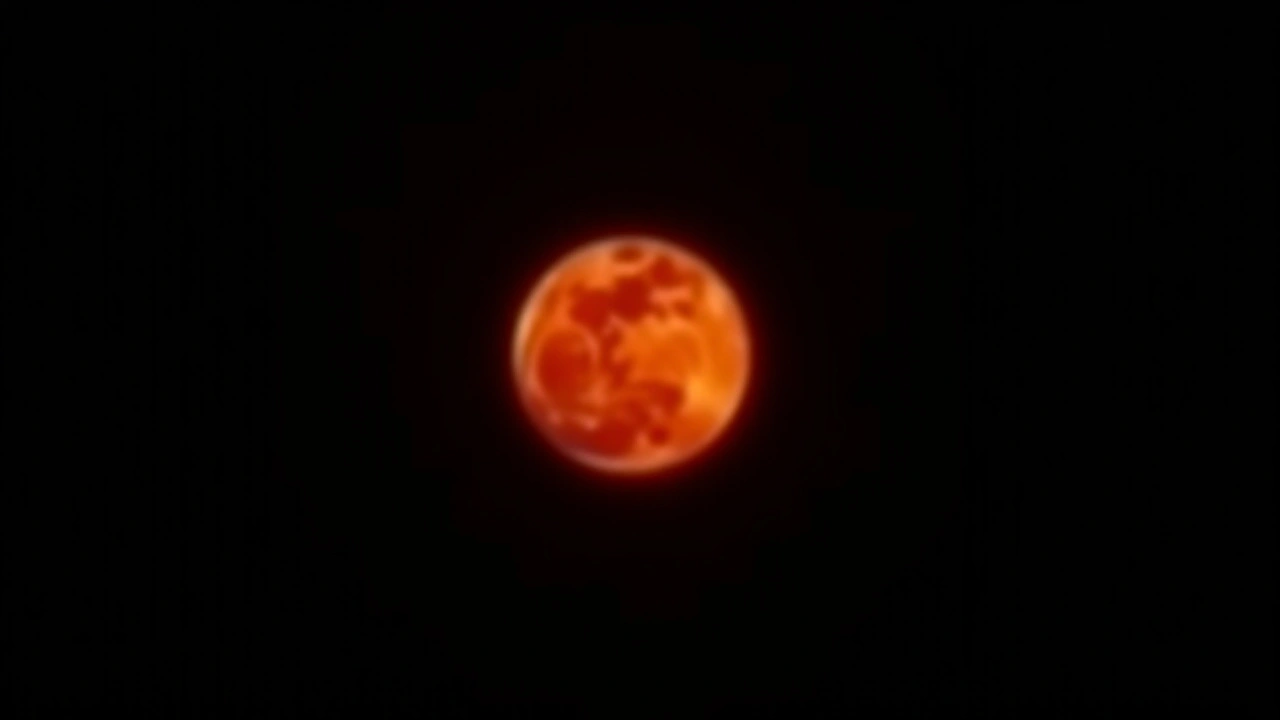Rare Lunar Event: What’s Happening and Why It’s Cool
If you’ve heard the buzz about a rare lunar event, you’re probably wondering what makes this moon occurrence so special. Unlike regular full moons or eclipses, a rare lunar event often involves unusual alignments, appearances, or timing that you don’t get to see every day. These events not only create amazing sights in the sky but can also impact things like calendars, religious celebrations, and even cultural traditions.
One recent example involves moon sightings that determine important dates like Eid al-Fitr—when extra care is taken to spot the crescent moon to mark the holiday’s start. Different regions might celebrate on different days simply because of how and when the moon becomes visible. That’s a direct outcome of these rare lunar events affecting local calendars.
How To Spot a Rare Lunar Event
Curious about catching a rare lunar event yourself? First, know that these events can include things like supermoons, blood moons, blue moons, or unusual eclipses. They usually happen when the moon lines up in a specific way with the Earth and Sun. Keep an eye on local astronomy news, apps, or weather reports since cloud cover can totally block your view.
Get outside just after sunset or before dawn, when the sky is darker and the moon shines brightest. Using binoculars or a small telescope can help you catch details, but even staring with your eyes can be rewarding. Sharing the moment with friends or family makes it even better—and talking about why it’s rare adds an educational angle to the fun.
Why Rare Lunar Events Matter Beyond the Sky
Besides making the night sky look stunning, rare lunar events often influence how communities mark time. Farmers, sailors, and cultures around the globe have historically used the moon’s phases to plan. For example, moon sightings decide important religious festivals or the start of certain months in lunar-based calendars.
Plus, these events spark curiosity and learning about space. When people share pictures, stories, and experiences, it helps more folks understand how the universe works and their place in it. So next time you hear about a rare lunar event, consider it a perfect chance to look up, learn, and connect with something truly cosmic.
Keep following updates on moon phases and rare events with trusted local sources or astronomical societies, so you don’t miss out when the next spectacular lunar show is on. Trust me, it’s worth the effort.





